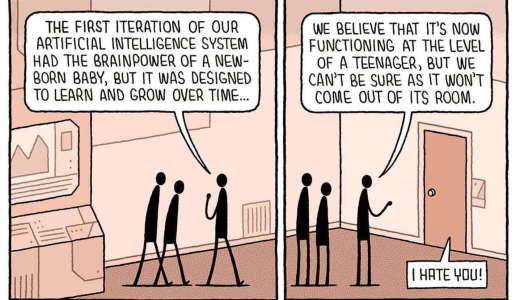LittleSister
Well-known member
And is it?
Every Tuesday the Met Office publishes on YouTube a 'Deep Dive' - a 20-ish minute discursive and detailed look at the emerging weather for the next week or so, delving into and explaining some interesting/obscure aspects of the current situation or particular weather features or forecasting challenges.
This week's episode is spent answering a query sent in by a viewer asking why the 'Deep Dive' forecast from a couple of weeks ago was 'wrong'. I thought this might be of general interest, but especially for those who think the Met Office or forecasting more generally is of poor quality.
(Note also the availability of another long-format but more focused '10 Day Trend' forecast published on YouTube by the Met Office on Wednesdays.)
Every Tuesday the Met Office publishes on YouTube a 'Deep Dive' - a 20-ish minute discursive and detailed look at the emerging weather for the next week or so, delving into and explaining some interesting/obscure aspects of the current situation or particular weather features or forecasting challenges.
This week's episode is spent answering a query sent in by a viewer asking why the 'Deep Dive' forecast from a couple of weeks ago was 'wrong'. I thought this might be of general interest, but especially for those who think the Met Office or forecasting more generally is of poor quality.
(Note also the availability of another long-format but more focused '10 Day Trend' forecast published on YouTube by the Met Office on Wednesdays.)

